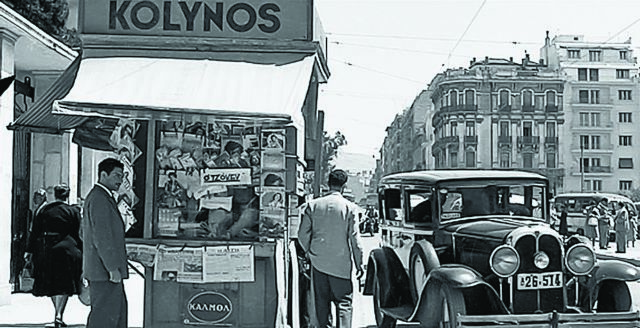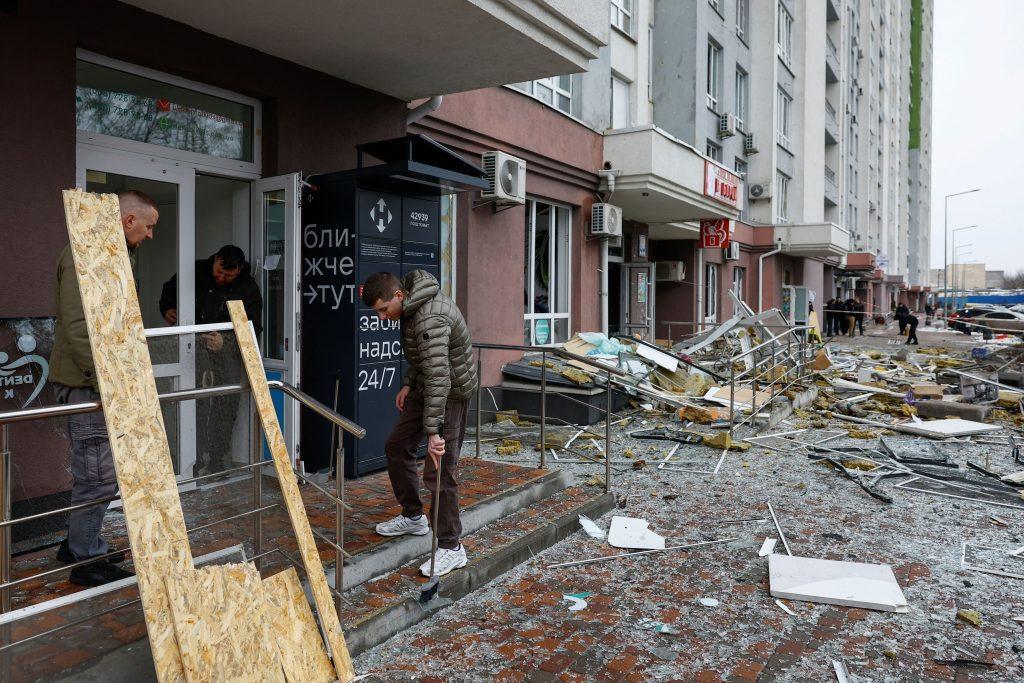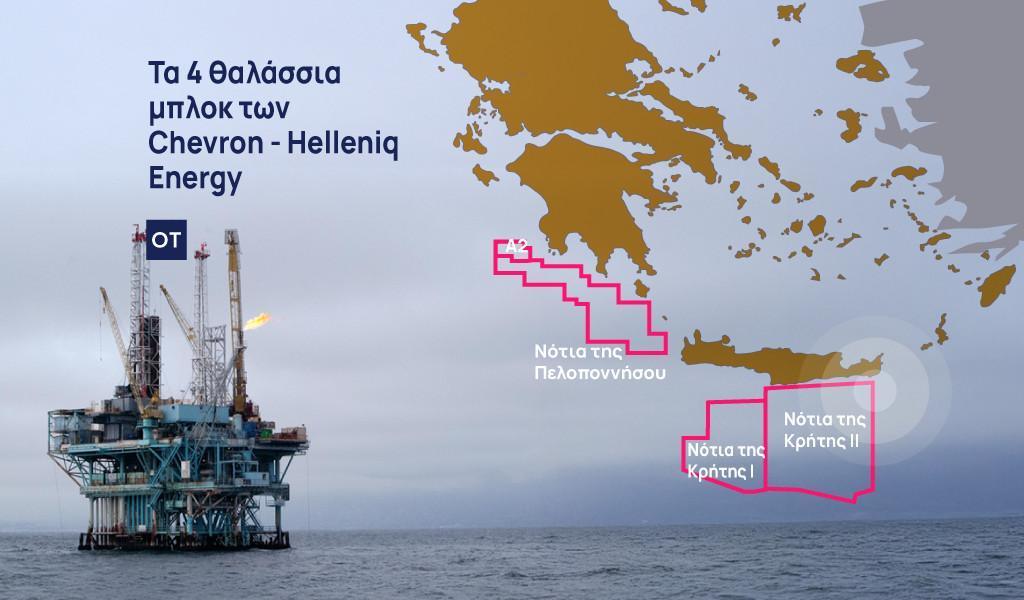Can a city dweller, not only in Athens, Thessaloniki, or Patras, but also in Kalambaka, Xylokastro and Polygyros, imagine a life without kiosks?
The answer is no. This ingenious Greek patent, which glorified micro-entrepreneurship, is deeply imprinted in the collective memory. Yet at the same time, mini kiosks are closing en masse.
During the last 15 years, every day a kiosk has closed and either been torn down or left a carcass. Of the 9,904 kiosks operating nationwide in 2010, based on da ta from NielsenIQ’s annual Census survey, only 4,358 were still open in 2023. That’s a 56% decrease! And it’s safe to say that the downward trend continues this year.
Disappearing Kiosks
But why are traditional kiosks “going cold” while at the same time convenience store retail has become the “holy grail” of retail?
The truth is also that overall traditional small retail has shrunk. The number of convenience stores has fallen by 25.7% from 2011 to 2023, from 29,551 shops when the financial crisis was at its peak, down to 21,956 in 2023.
On the flip side, in the same period supermarkets ( qualified as shops over 100 sq m) have grown by 5.4%, with chains and digital platforms moving aggressively towards the convenience store pie (kiosks, convenience stores, grocery/mini-markets), which adds up to a value of €5.15 billion, according to a study by ICAP CRIF.
The Mutation
At the same time, most of the remaining kiosks are enlarging and mutating. Like a miniature Las Vegas for young and old, loaded with toy bags, fashion, beauty and gift items, junk food, alcoholic beverages, everything you can imagine in refrigerated goods. They now occupy a communal space (for a fee) sometimes over 6 sq. m. That is 13 times larger than the modest kiosks of a century ago.
Note that each municipality, which since 2012, when permits were released by the Ministry of Defence, have been responsible for auctioning 70% of the kiosks, have a different policy and allow different amounts of public and sidewalk space for each kiosk.
In addition to private kiosks, companies operating in this market, such as Smile Kiosk, Magic Box, Point24hrs Kiosk, Street Point and Kiosky’s, contribute to the maintenance of the kiosks, although many are more like mini markets.
The History of the Greek Kiosk
The kiosks were invented and developed at a time of intense warfare: from the “unfortunate” war of 1897 and the Balkan Wars of ’12-’13 to the Asia Minor Catastrophe.
In order to assist the wounded and disabled, who filled the streets of Athens asking for alms, the Greek state granted them kiosk permits as the main measure of welfare and economic rehabilitation in the absence of pensions.
At the same time, the kiosks also served as a tax collection mechanism to control the tobacco trade, as until then the sale of tobacco products by itinerant hawkers was completely unregulated.
In addition, the tiny 0.70 x 0.70 ochre-coloured canopies were the main source of information for citizens, turning the reading of the posted headlines into a daily ritual. It may sound strange even to boomers, but for years the only news feed of Greek society was the newspapers hanging on the pegs of newsstands.

Falling Numbers
In addition to the change in legislation and the fierce competition that kiosks face from modernized convenience stores, industry representatives argue covid lockdowns brought the coup de grace to the kiosk. But the figures do not back this up, since from 2020 to 2022 the number of kiosks decreased by 8%, but under the memoranda the reduction was many times greater, reaching 42.3%.
However, the kiosks will not become urban archaeology, say market players. There may be 2,200-2,500 left, i.e. only those located in tourist areas and in places where there are a lot of people passing through, such as metro stations or outside hospitals. But the kiosks will not disappear completely. Besides, they are included in tourist guides as material evidence of an alternative way of approaching urban life, and a uniquely Greek one.
Source: tovima.com









































